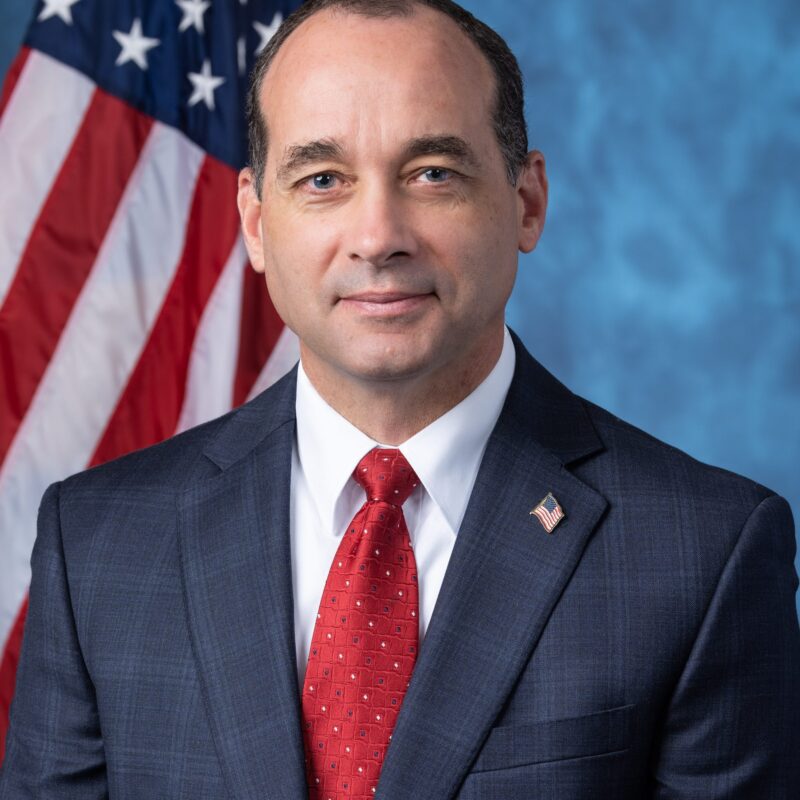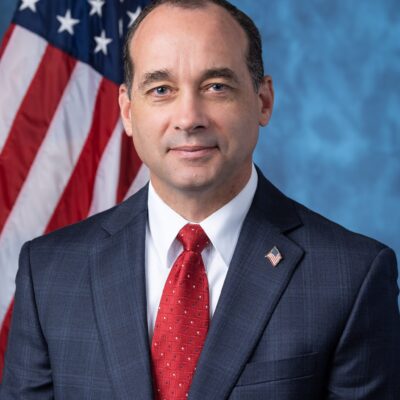|
John Conover of the Legal Aid Justice Center is representing overcharged low-income residents in a class action lawsuit against the Charlottesville Redevelopment and Housing Authority. (Photo by John Robinson) |
The Legal Aid Justice Center has filed a class action lawsuit against the Charlottesville Redevelopment and Housing Authority claiming the CRHA’s mismanagement has led to unfair and unlawful utility overcharges for the majority of the city’s approximately 2,000 public housing residents.
“We’re just trying to enforce the law,” said the LAJC’s John Conover, who is representing the plaintiffs. “We’re not trying to change policy or get special treatment for anybody.”
According to the Federal United States Housing Act, public housing tenants—including those here in Charlottesville—cannot be charged more than 30 percent of their annual income for rent, which includes the basic utilities of electricity, water, and heat. But the LAJC claims at least three quarters of Charlottesville’s public housing tenants have been overcharged for utility usage for nearly a decade.
Federal law requires the CRHA and other public housing authorities to set adequate allowances to cover reasonable utility use. Conover said the government requires that professional staff analyze and evaluate the allowance periodically, but the CRHA has not done so since 2003. The agency has gone on a “permanent vacation,” said Conover.
He said because the allowance is set so low, about 75 percent of residents living in CRHA units are paying, or have paid, extra charges for utilities.
“Being overcharged by any amount is difficult for any human being, but when you have extremely low income, that burden is even harder,” said Brandon Collins of the Public Housing Association of Residents.
Collins said almost every public housing resident he knows has, at some point, paid these extra charges, and he has seen firsthand the effect it has on families. It forces them to borrow money, go to payday lenders, and he said he has even seen incidents of eviction as a result of these overcharges. Some have to forgo necessities like food and medicine, he said.
“That’s not right,” said Collins, “and we’re going to stand up for our tenants.”
According to the LAJC, plaintiffs and their attorneys have spent almost a year attempting to negotiate a resolution, but the CRHA has been unwilling to meet with them.
Conover and Collins said they’re asking the CRHA for three things. They want the Housing Authority to reevaluate its utility allowance and establish a new policy that will better accommodate the needs of its tenants, and they want each tenant to be reimbursed for all overcharges since 2003, to the tune of about $400,000.
Finally, Conover said the CRHA promised an incentive of a $50 U.S. savings bond for residents who keep their utility usage within the allowance. The CRHA has not followed through, Conover said, so the suit also demands the CRHA acknowledge and honor its promise to award the bonds.
The CRHA has remained silent on the matter. Housing Authority Chairman Hosea Mitchell and Executive Director Connie Dunn both said the city attorney handling the case advised them against commenting.
Conover said the CRHA is covered by insurance for situations such as this, and he predicted that “they will just deny everything and then it will go off into the lawyer world.”
Though he said he’s trying not to get his hopes up, Conover said Virginia judges “tend to move things along quickly,” and he remains optimistic that the case will be resolved in favor of his clients.
/conover.jpg)





